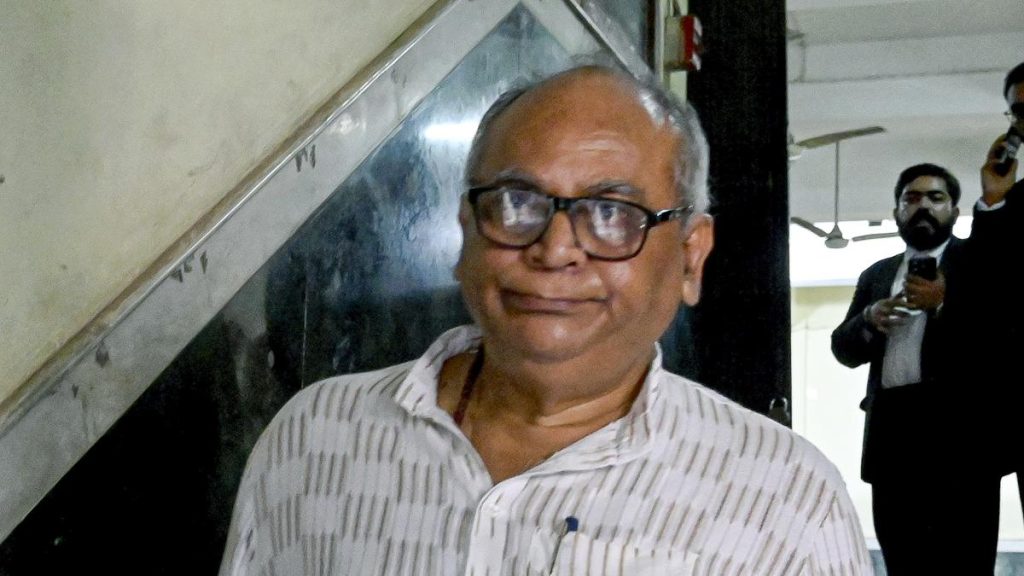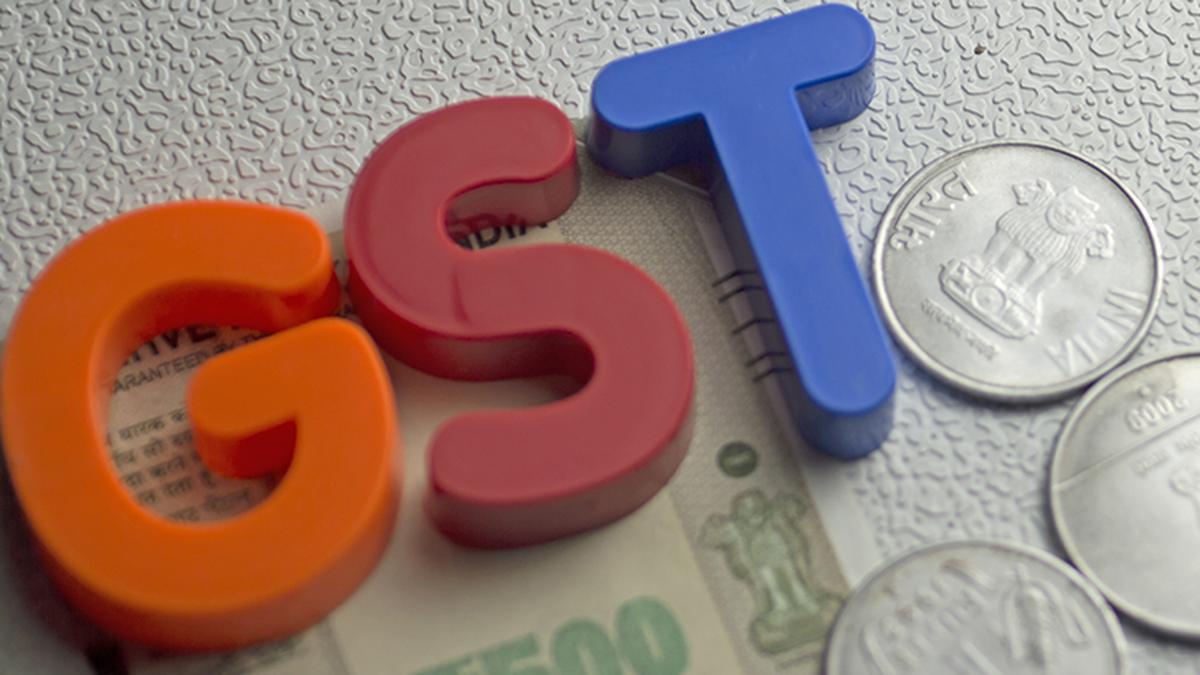Now Reading: BMTC Express Buses See Surge Amid Namma Metro Yellow Line Delays
-
01
BMTC Express Buses See Surge Amid Namma Metro Yellow Line Delays
BMTC Express Buses See Surge Amid Namma Metro Yellow Line Delays
Fast Summary
- BMTC’s non-AC limited-stop express services launched on June 21, 2025, have recorded meaningful success.
- Within one month, the buses carried 3.72 lakh passengers and generated ₹1.09 crore revenue.
- The five routes operate between Kempegowda bus stand and Banashankari TTMC to Attibele, Devanahalli, Harohalli, and Nelamangala along high-demand corridors with fewer stops.
– Revenue breakdown:
– Kempegowda-Devanahalli: ₹25.41 lakh (73,754 passengers).
– Kempegowda-Nelamangala: ₹22.22 lakh (81,373 passengers).
– Kempegowda-Attibele: ₹22.08 lakh (78,018 passengers).
– Banashankari-Harohalli: ₹20.6 lakh (68,374 passengers).
– banashankari-Attibele: ₹18.76 lakh (71,423 commuters).
– Total distance covered was over 2.03 lakh km with an average earning per kilometre (EPKM) of ₹53.68; Kempegowda-Attibele route achieved the highest EPKM at ₹57.06.
- BMTC operates thes services on a high frequency-48 schedules with 348 trips daily every 20 to 30 minutes-and offers a monthly pass for ₹1,500 via the Tummoc app.
- The express buses cater largely to commuters near metro-delayed Yellow Line zones such as Electronics City and Attibele.
Indian Opinion Analysis
The success of BMTC’s limited-stop express services showcases a promising model for urban transport in Bengaluru amidst metro project delays on key corridors like the Yellow Line connecting areas like Electronics City and Bommasandra. The bus service addresses critical commuter needs by reducing travel time significantly without incurring additional infrastructure costs-a notable example of balancing efficiency and affordability in public transport.
This achievement also underlines rising demand for middle-tier transport solutions that bridge gaps where extensive transit systems remain incomplete or delayed due to bureaucratic or logistical challenges. For BMTC as an organization facing fiscal constraints historically tied to subsidized fares or dependency on government funds for upgrades-earning over a crore within one month suggests strong potential growth avenues leveraging operational modifications instead of large-scale investments.
While immediate convenience aligns well for daily users; long-term sustainability depends heavily upon maintaining reliability in timings and fare schemes alongside planned integration when metro lines finaly resume operations-a topic needing broader stakeholder discussion as duplication versus complementarity affects cost-effectiveness.
Read more at Source.

























